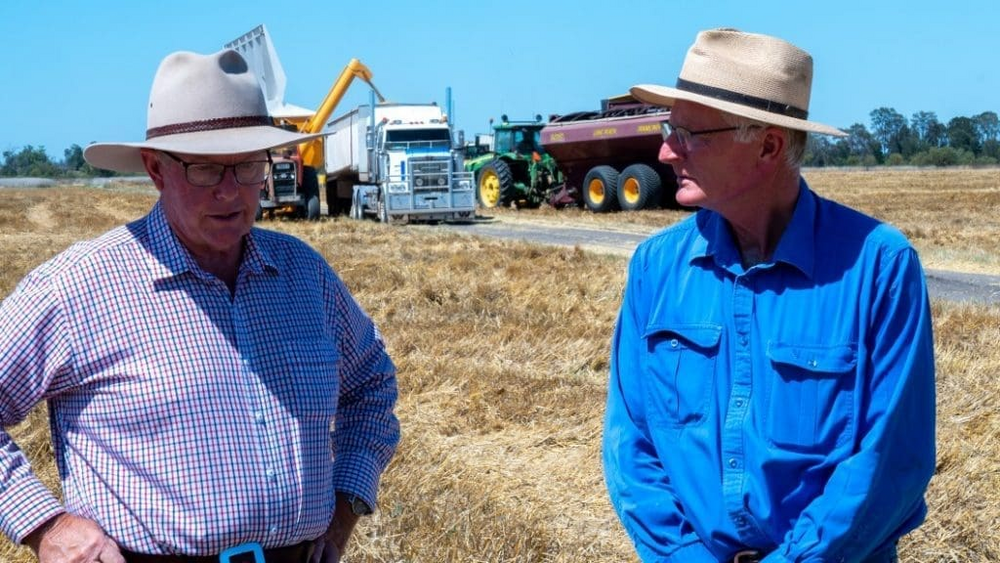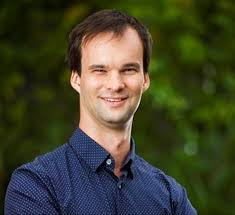Breakthrough AI-led home skin care tests for rural Australians
Western Plains App
18 July 2024, 3:41 AM
 Image: National Health Executive.
Image: National Health Executive. A new project aims to make a do-it-yourself skin test available for farmers and farm workers to improve the early detection of potentially fatal skin cancers in patients in regional and rural Australia.
The Cancer Council estimates two in three Australians will be diagnosed with some sort of skin cancer during their lifetime and about 2,000 Australian die from skin cancer every year, according to Sun Smart.
Some 95% of melanomas, the most dangerous form of skin cancer, can be resolved with simple surgery if caught early enough.
Researchers will use a combination of technologies, including artificial intelligence, that

Image: Beef Central.
In 2021, an estimated 8,000 Australians in regional areas were diagnosed with melanoma, and this is expected to rise dramatically to over 11,000 annually by 2030.
The project is targeting regional and rural communities from the Medical Research Future Fund, and particularly men, who are twice as likely than women to die from melanoma.
Skin cancer can occur at any age, however, many older people living in regional and rural areas have an increased risk of melanoma due to longer unprotected UV radiation exposure and a history of burning during childhood.
Fewer than 10% of the nation’s dermatologists practice outside of capital city areas.

Greg Sharplin. Image: Squarespace.
Greg Sharplin a health researcher from the University of South Australia who is involved in the project told the Western Plains App that Early detection of skin cancer can save lives and AI-lead self-screening made perfect sense to reach out to those in isolated areas.
He explained that the study would look at how 3D total body photography, combined with artificial intelligence to support clinicians, can help improve and speed up skin cancer imaging.
“One thing we recognise is the challenges of people living in rural and remote Australia being able to have a fully body check” he said.
“Normally this requires a lot of training to detect a comprehensive skin check. But this piece of artificial intelligence, scans an area of the scan and using algorithms it can detect whether or not something is benign or more serious - with the results being sent back to a nurse to interpret.”
He said he understood that farmers and farm workers often spent most of their working day outside and had so much to get done they didn’t take the time out for something like a skin cancer check - let alone the amount of travel involved.
“We will be targeting people throughout Australia at things like field days where we can speak to them and explain that we know in a busy farming life they don’t always have time to prioritise their health”.
The project is an initiative of the Australian Centre of Excellence in Melanoma Imaging and Diagnosis, comprising researchers from UQ, Monash University and University of Sydney.



